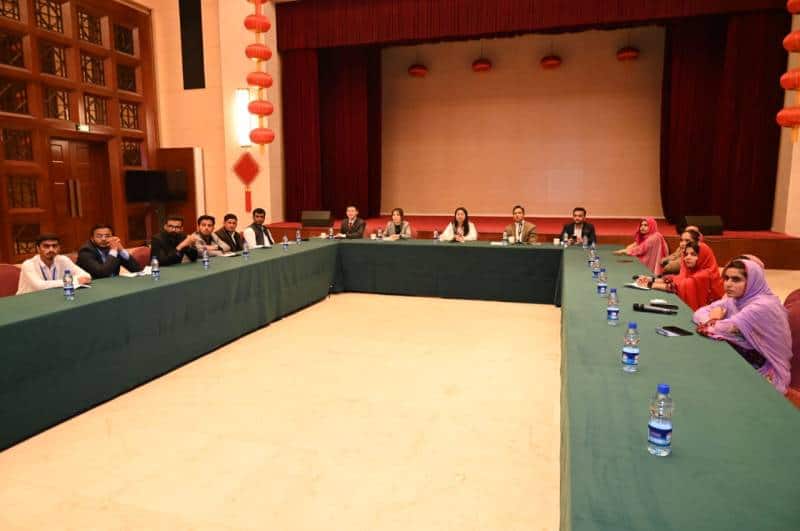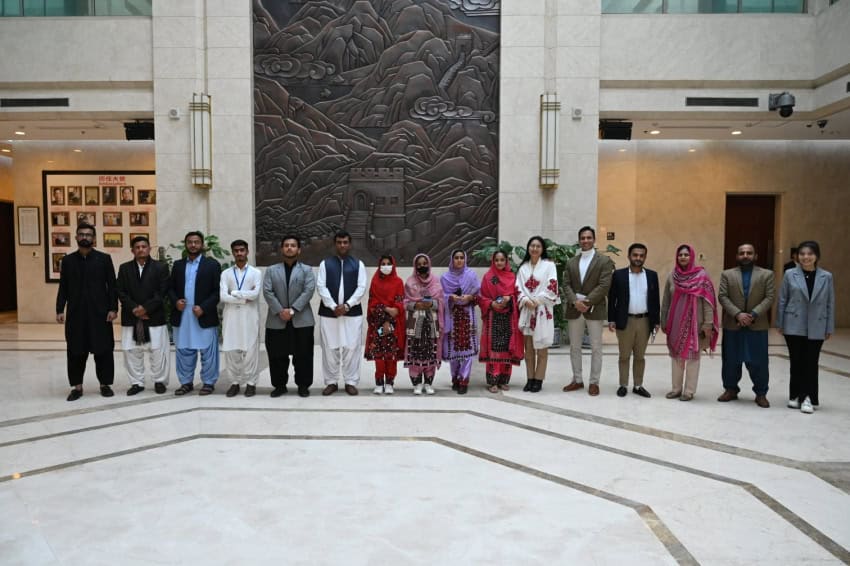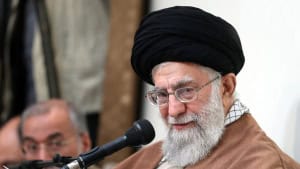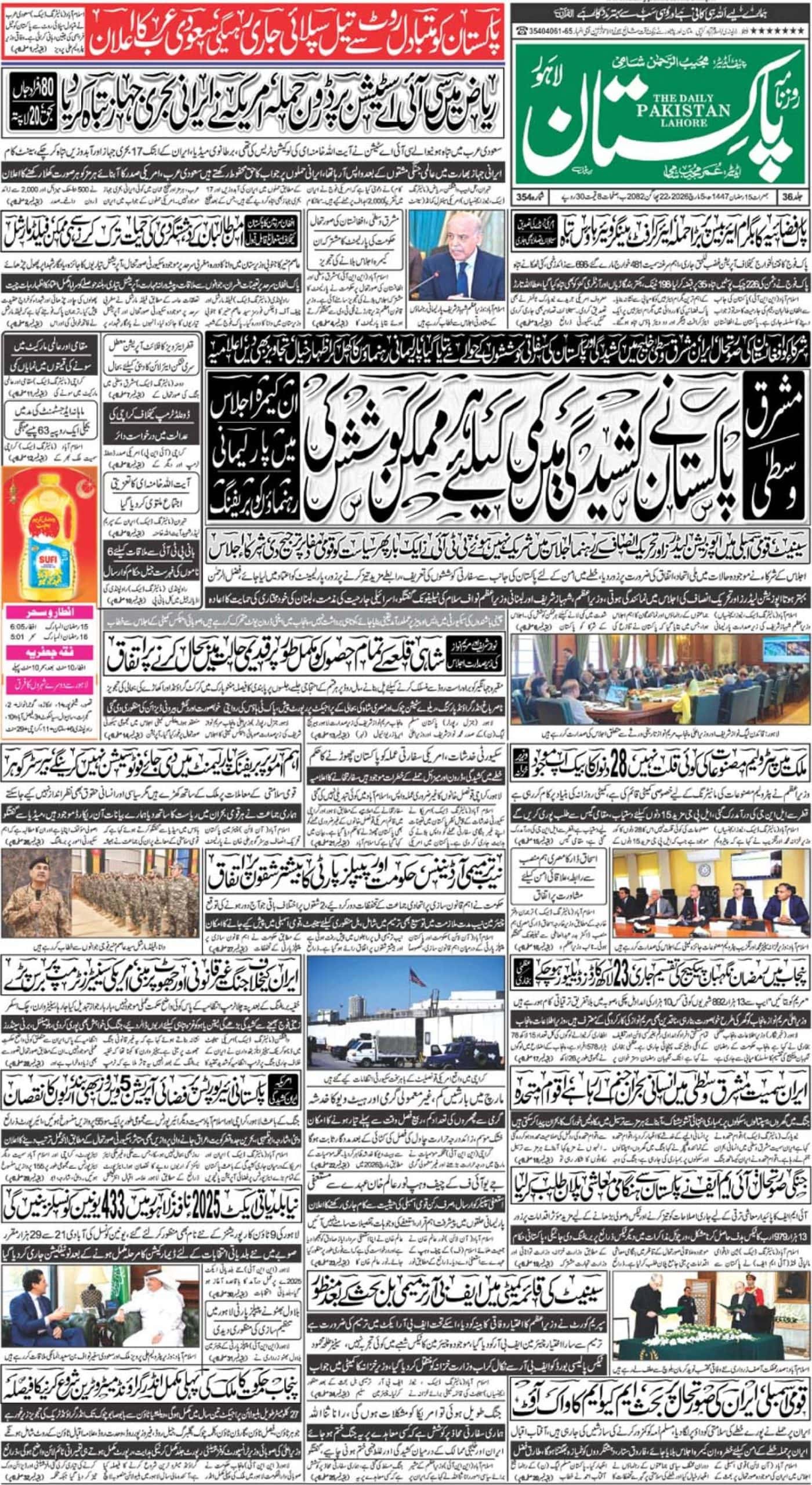ISLAMABAD – Pakistan-China Institute has just hosted an 11-member delegation of University of Gwadar students. The visit unfolded under the umbrella of the Balochistan Youth Engagement Program. This multifaceted endeavor, strategically crafted to deepen bilateral relations between Pakistan and China, unveiled a comprehensive agenda aimed at enriching the understanding and collaboration between Pakistan and China. The primary focus was to empower the vibrant youth of the Balochistan region, recognizing their pivotal role in shaping the future landscape of both nations.
At the core of this enlightening experience was the 8th CPEC Media Forum, providing an immersive platform for the delegation to gain profound insights into the far-reaching impact of the China-Pakistan Economic Corridor (CPEC) on Balochistan. Beyond a conventional information-sharing session, this forum facilitated dynamic and thought-provoking discussions, fostering a nuanced and deeper comprehension of this transformative strategic initiative.
The students had an exclusive session with Mustafa Hyder Sayed, the Executive Director of the Pakistan-China Institute. This encounter provided a unique space for a rich exchange of ideas and perspectives, amplifying the depth of understanding for both the delegation and the hosting institute. The delegation further enriched their experience with a guided visit to the Parliament House and Senate of Pakistan. Engaging with Muhammad Mushtaq, Special Secretary/Advisor (Legislation), National Assembly Secretariat, provided valuable insights into the intricate legislative processes shaping the nation’s policies.
Renowned communication strategist, IRS, Reema Shokat brought her expertise to the forefront, emphasizing the paramount role of effective communication in both academic and diplomatic spheres between Pakistan and China. In another session, Ambassador Moin ul Haque, the venerable former Ambassador of Pakistan to China, shared a wealth of experiences and perspectives, offering a historical lens on the evolution of diplomatic relations.

Beyond the confines of formal engagements, the delegation actively cemented diplomatic ties with a visit to the Chinese Embassy in Islamabad. The delegation had a chance to meet with Bao Zhong, the counsellor of the Political and Media Section at the Embassy of China in Pakistan. This diplomatic rendezvous not only symbolized the ongoing collaboration but also laid the groundwork for potential future partnerships in the academic realm. It served as a testament to the commitment to fostering enduring connections beyond the boundaries of structured events.
The Balochistan Youth Engagement Program, meticulously organised by the Pakistan-China Institute, stands not only as a beacon in orchestrating events but as a cornerstone in nurturing lasting connections and fostering mutual understanding between the youth of Balochistan and China. The echoes of this transformative visit resonate far beyond the events themselves, leaving an indelible mark on the participants and the broader landscape of Pakistan-China relations. As the ripple effects of this engagement continue to unfold, it becomes evident that such initiatives are instrumental in shaping the future of collaborative endeavors between nations. The event serves as a testament to the enduring commitment to building a stronger, more interconnected future for Pakistan and China.














